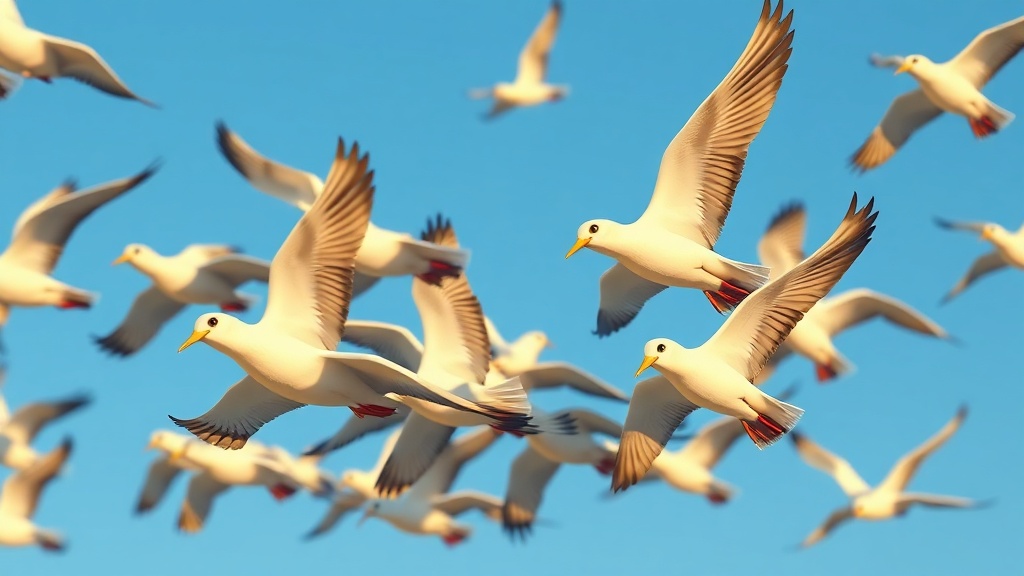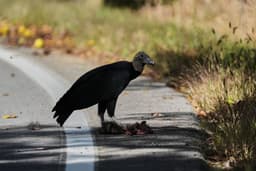Home / Environment / Climate Change Disrupts Bird Migration, Risking Mass Extinction
Climate Change Disrupts Bird Migration, Risking Mass Extinction
7 Oct
Summary
- Birds abandoning migration patterns due to warming temperatures
- Disruption could lead to bird population decline and ecosystem collapse
- 389 North American bird species at risk of extinction within 50 years

As of October 7th, 2025, a concerning trend has emerged across the United States: birds are abandoning their traditional migration patterns, putting them at risk of extinction and disrupting the delicate balance of ecosystems.
According to researchers, the primary driver behind this shift is the warming temperatures in birds' winter habitats, which are disrupting their annual flights. Andrew Farnsworth, a visiting scientist at Cornell University, has warned that this change in migration behavior could lead to the death of many bird species and drastically alter the natural world.
Birds play a crucial role in maintaining the health of ecosystems, controlling pests, spreading seeds, and pollinating plants. In fact, roughly 5% of the plants used for food and medicine by humans rely on birds for pollination. If bird populations continue to decline, it could have far-reaching consequences, including reduced food production and limited access to natural remedies.
Advertisement
The National Audubon Society has sounded the alarm, predicting that 389 North American bird species will become vulnerable to extinction within the next 50 years. This represents nearly two-thirds of the species they studied, with researchers warning that these birds are at risk of losing more than half of their habitats by 2080.
The situation is dire, and the impact of these changes could be felt worldwide. As birds struggle to adapt to the shifting seasons, they may arrive at their breeding or feeding grounds when there is insufficient food available, leading to starvation and population declines. This disruption to the natural order could have devastating consequences for the delicate balance of ecosystems, with far-reaching implications for both wildlife and human communities.




